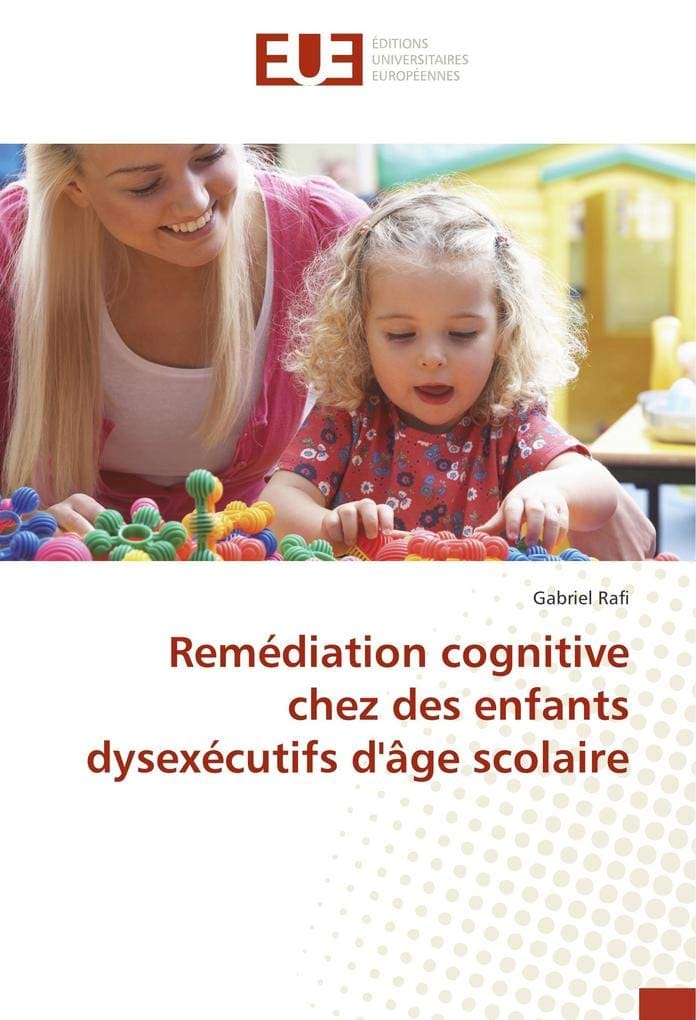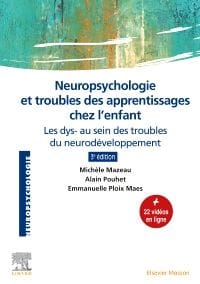


1 - 50 clés pour aider un enfant hypersensible (50 keys to help highly sensitive child)
50 clés pour aider un enfant hypersensible" is a book written by Sandrine Catalan-Massé and myself. It serves as a guide for parents, educators, or anyone interacting with highly sensitive children. The book offers practical advice to better understand and support a hypersensitive child in their daily life.
Main Topics Covered:
- Understanding Hypersensitivity:
- What is hypersensitivity?
- Recognizing the signs in children.
- Differences between emotional and sensory hypersensitivity.
- Supporting the Child:
- Managing emotions effectively.
- Creating a nurturing and suitable environment.
- Techniques to build self-confidence.
- Practical Tools:
- Concrete activities to soothe the child.
- Strategies for handling crises and moments of stress.
- Advice for parents and teachers.
The book is highly appreciated for its compassionate tone, practical examples, and easy-to-follow structure. It’s an invaluable resource for understanding the unique traits of hypersensitive children and providing them with the right environment to thrive.
Discover : Child with high potential: How to help him to flourish?
2 - Remédiation cognitive chez des enfants dysexécutifs d'âge scolaire (Cognitive Remediation in School-Aged Dysexecutive Children)
My other book : "Remédiation cognitive chez des enfants dysexécutifs d'âge scolaire" (Cognitive Remediation in School-Aged Dysexecutive Children) focuses on executive function disorders in school-aged children. These functions include skills such as planning, working memory, inhibition, mental flexibility, and emotional regulation. Dysexecutive disorders can significantly impact a child's academic performance and social development.
Key Topics Covered:
- Understanding Dysexecutive Disorders:
- Definition and identification of executive function deficits in children.
- Potential causes: neurological, genetic, or associated with other neurodevelopmental disorders (e.g., ADHD, learning disorders).
- Foundations of Cognitive Remediation:
- What is cognitive remediation?
- Theoretical and practical approaches to addressing executive function deficits.
- Programs and Remediation Tools:
- Concrete methods tailored for use in schools and at home.
- Exercises to improve working memory, planning, and inhibition.
- Activities to enhance emotional and behavioral regulation.
- Collaboration Between Professionals and Parents:
- The role of teachers, psychologists, and educators.
- The importance of parental involvement in the remediation process.
Relevance of the Book:
This book is an invaluable resource for professionals working with children facing executive function challenges, such as psychologists, neuropsychologists, speech therapists, and special education teachers. It is also helpful for parents who want to better understand their child's difficulties and learn strategies to support them effectively.
3 - Neuropsychologie et troubles des apprentissages chez l'enfant (Neuropsychology and Learning Disorders in Children)
"Neuropsychologie et troubles des apprentissages chez l'enfant" ("Neuropsychology and Learning Disorders in Children") is a key reference in pediatric neuropsychology. Written by experts, it explores the connection between brain functioning and the learning difficulties faced by some children.
Key Topics Covered in the Book:
- Introduction to Child Neuropsychology:
- Development of cognitive functions in children.
- Understanding the brain mechanisms underlying learning processes (memory, attention, language, etc.).
- Specific Learning Disorders:
- Dyslexia: impact on reading and language skills.
- Dyscalculia: specific difficulties related to mathematics.
- Dysgraphia: disorders affecting writing skills.
- Dyspraxia: difficulties with coordination and motor planning.
- Neuropsychological Assessment and Diagnosis:
- Tests and tools for identifying learning disorders.
- Analysis of cognitive and academic performance.
- Intervention and Remediation:
- Tailored pedagogical strategies.
- Neuropsychological rehabilitation programs.
- Collaboration between neuropsychologists, teachers, and parents.
- Contextual Factors:
- Influence of family and school environments.
- Addressing comorbidities such as ADHD or anxiety disorders.
Relevance of the Book:
This book is designed for healthcare professionals (neuropsychologists, psychologists, speech therapists), specialized educators, and students in these fields. It provides both theoretical and practical insights into learning disorders, supported by recent scientific research and case studies.



